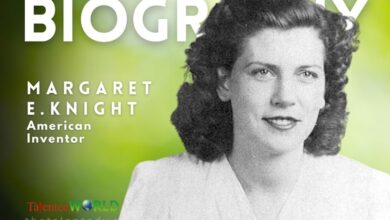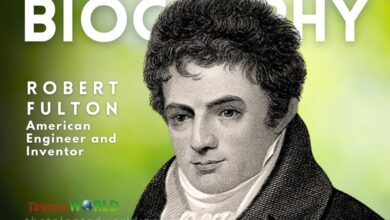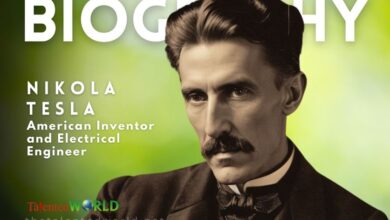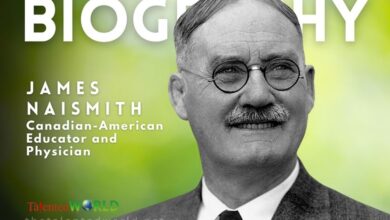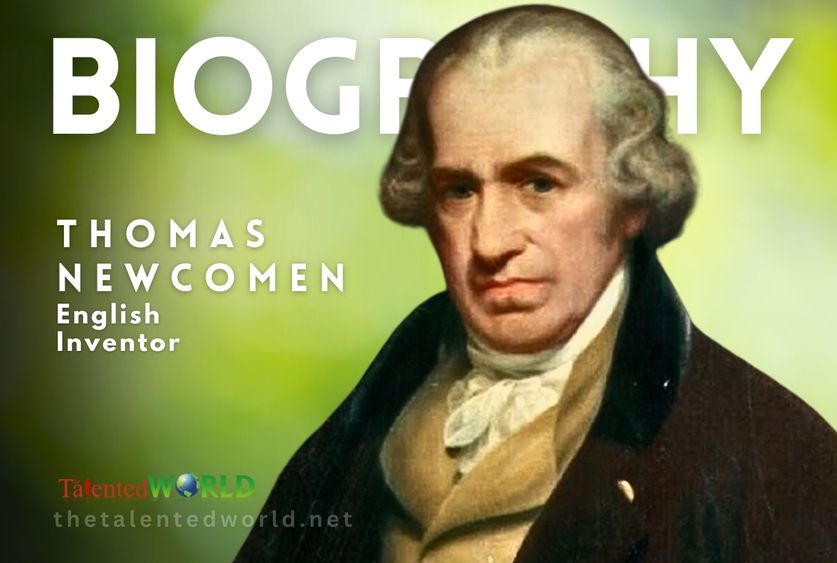
Table of Contents
ToggleQUICK FACTS
Born: February 1664
Born Place: Dartmouth, United Kingdom
Died: August 5, 1729
Death Place: London, United Kingdom
Nationality: English
Gender: Male
Known for: Inventing the first practical Steam engine
BIOGRAPHY
Thomas Newcomen (February 1664 – 5 August 1729) was an English inventor who created the atmospheric engine, the first practical fuel-burning engine in 1712. He was an ironmonger by trade and a Baptist lay preacher by calling. He was born in Dartmouth, Devon, England, to a merchant family and baptised at St. Saviour’s Church on 28 February 1664. In those days flooding in coal and tin mines was a major problem, and Newcomen was soon engaged in trying to improve ways to pump out the water from such mines. His ironmonger’s business specialised in designing, manufacturing and selling tools for the mining industry.
Religious life
Thomas Newcomen was a lay preacher and a teaching elder in the local Baptist church. After 1710 he became the pastor of a local group of Baptists. His father had been one of a group who brought the well-known Puritan John Flavel to Dartmouth. Later one of Newcomen’s business contacts in London, Edward Wallin, was another Baptist minister who had connections with the well-known Doctor John Gill of Horsleydown, Southwark. Newcomen’s connection with the Baptist church at Bromsgrove materially aided the spread of his steam engine, as the engineers Jonathan Hornblower (both father and son) were involved in the same church.
LATER LIFE AND DEATH
Comparatively little is known of Newcomen’s later life. After 1715 the engine affairs were conducted through an unincorporated company, the ‘Proprietors of the Invention for Raising Water by Fire’. Its secretary and treasurer was John Meres, clerk to the Society of Apothecaries in London. That society formed a company which had a monopoly on supplying medicines to the Navy providing a close link with Savery, whose will he witnessed. The Committee of the Proprietors also included Edward Wallin, a Baptist of Swedish descent; and pastor of a church at Maze Pond, Southwark. Newcomen died at Wallin’s house in 1729, and was buried at Bunhill Fields burial ground on the outskirts of the City of London: the exact site of his grave is unknown.
By 1733 about 125 Newcomen engines, operating under Savery’s patent (extended by statute so that it did not expire until 1733), had been installed by Newcomen and others in most of the important mining districts of Britain and on the Continent of Europe: draining coal mines in the Black Country, Warwickshire and near Newcastle upon Tyne; at tin and copper mines in Cornwall; and in lead mines in Flintshire and Derbyshire, amongst other places.
The contents of this page are sourced from Wikipedia article on 4 July 2020. The contents are available under the CC BY-SA 4.0 license.

